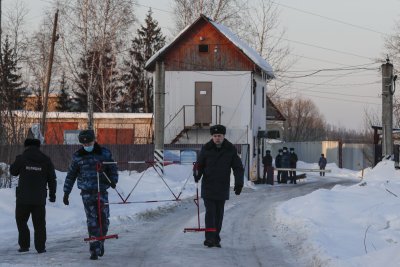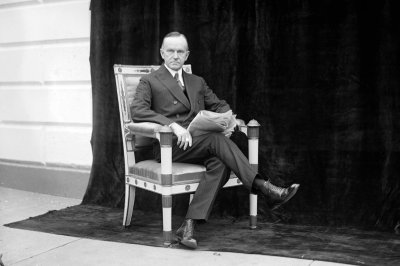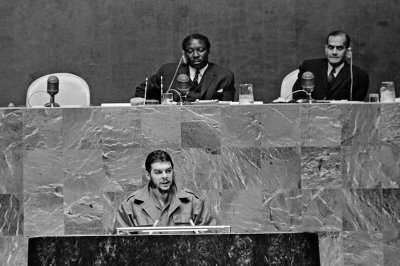Topic: Aleksandr Solzhenitsyn
Nobel Prize in Literature 1970 Templeton Prize 1983
Aleksandr Isayevich Solzhenitsyn (English pronunciation: /soʊlʒəˈniːtsɨn/ Russian: Алекса́ндр Иса́евич Солжени́цын, pronounced ) (11 December 1918 – 3 August 2008) was a Russian and Soviet novelist, dramatist, and historian. Through his often-suppressed writings, he helped to raise global awareness of the Gulag, the Soviet Union's forced labor camp system – particularly in The Gulag Archipelago and One Day in the Life of Ivan Denisovich, two of his best-known works. Solzhenitsyn was awarded the Nobel Prize in Literature in 1970. He was expelled from the Soviet Union in 1974, but returned to Russia in 1994 after the Soviet system had collapsed.
Aleksandr Solzhenitsyn was born in Kislovodsk, RSFSR (now in Stavropol Krai, Russia). His mother, Taisiya Solzhenitsyna (née Shcherbak) was Ukrainian. Her father had apparently risen from humble beginnings, as something of a self-made man. Eventually, he acquired a large estate in the Kuban region in the northern foothills of the Caucasus. During World War I, Taisiya went to Moscow to study. While there she met and married Isaakiy Solzhenitsyn, a young officer in the Imperial Russian Army of Cossack origins and fellow native of the Caucasus region. The family background of his parents is vividly brought to life in the opening chapters of August 1914, and in the later Red Wheel novels.
It uses material from the Wikipedia article "Aleksandr Solzhenitsyn."









